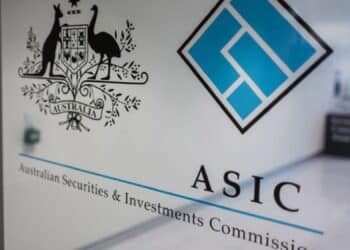As many as one-in-six (15%) of Australian small-to-medium sized enterprises (SMEs) could close a result of the economic repercussions of the COVID-19 pandemic, according to research from the Ruthven Institute.
Prior to the pandemic, Australia created 356,000 new businesses last year to bring the total to 2.4 million, most of which comprised of small enterprises employing 20 staff or fewer.
In 2019, there was 293,000 business closures with 1% resulting in bankruptcy or receivership.
Phil Ruthven, Institute founder and economic futurist, said this rate could almost double after a recession or global financial crisis.
“In 2020 and 2021, due to the GFC Mark II, we forecast one in six businesses closing their doors, instead of the usual one in eight,” Ruthven said.
“The number of new business start-ups could also fall below 200,000 until the economy regains its composure.”
Of the 2.4 million businesses in Australia last year, 62.8% employed no one as they comprised sole traders, trusts and shell companies, but 35% were SMEs.
“SMEs contributed 32.5% of Australia’s $5.6 trillion revenue in FY2019, while the largest enterprises with revenues of over $100 million and up to $64 billion accounted for a whopping 47% of the nation’s total revenue,” Ruthven said.
Ruthven said the main challenge that businesses faced during this time was remaining solvent.
“For those who want to prevent becoming the ‘one in six’, I would advise exploring avenues such as increasing bank accommodation; reducing costs such as rent; seeking new equity; exploring mergers; or selling the business and living to fight another day,” Ruthven said.





